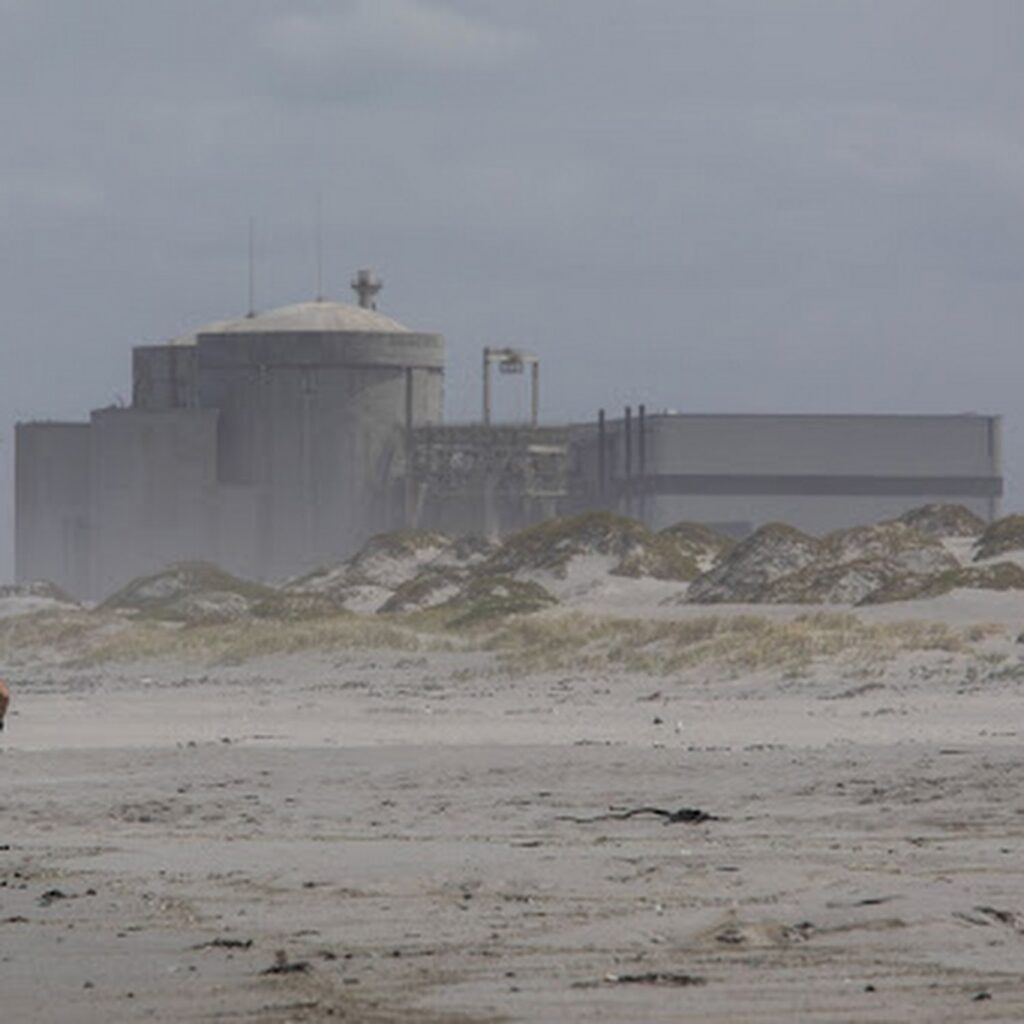The United States government has recently taken the decision to block the export of nuclear fuel components to South Africa’s Koeberg nuclear power plant, citing significant safety and security concerns. The move has raised questions about the future operations and sustainability of the plant, which has played a crucial role in South Africa’s energy sector for decades.
The Koeberg nuclear power plant, located near Cape Town, has been an integral part of South Africa’s energy infrastructure, supplying a significant portion of the country’s electricity. However, the US government has expressed reservations about the safety protocols and security measures in place at the facility, prompting the decision to restrict the export of nuclear fuel components.
The decision, which was communicated to the South African government and the Koeberg plant’s operator, highlights the importance of stringent safety and security standards in the operation of nuclear power facilities. The US government’s concerns are rooted in ensuring the well-being of both the plant’s employees and the surrounding communities, as well as preventing the potential misuse or diversion of nuclear materials.
While the specific details surrounding the safety and security concerns remain undisclosed, it is evident that the US government’s decision reflects a rigorous evaluation of the existing protocols and measures at Koeberg. The goal is to ensure that the highest standards of safety and security are upheld in nuclear operations to minimize the potential risks associated with nuclear energy.
The decision to block exports of nuclear fuel components to Koeberg will undoubtedly pose challenges for South Africa’s energy sector. The plant plays a significant role in the country’s electricity generation, and any disruption to its operations could impact the national power supply. As a result, South African authorities are likely to intensify efforts to address the concerns raised by the US and work towards resolving the issues at hand.
The South African government has assured the public that it will engage in discussions with the US authorities to address the safety and security concerns promptly. This may involve reviewing and strengthening the existing protocols, enhancing training programs, and implementing necessary upgrades to ensure compliance with international standards.
The incident also highlights the importance of international collaboration and cooperation in the field of nuclear energy. The US government’s decision serves as a reminder that the global community must work together to ensure the safe and secure operation of nuclear facilities, sharing best practices, and providing support when necessary.
As South Africa and the United States navigate the challenges posed by this decision, both parties have a shared interest in finding a mutually satisfactory resolution. The South African government will likely take immediate steps to address the concerns raised, while the US government will continue to monitor the situation and provide guidance as needed.
